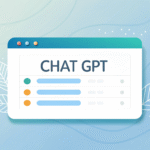Now Reading: How to use ChatGPT to study any subject efficiently
-
01
How to use ChatGPT to study any subject efficiently

How to use ChatGPT to study any subject efficiently
Let’s be honest: the old way of studying passive reading, frantic highlighting, and cramming the night before is broken. It’s time-consuming, inefficient, and frankly, exhausting.
But what if you could cut your study time by a massive margin while actually improving your understanding? This isn’t science fiction. By leveraging AI, specifically Large Language Models (LLMs) like ChatGPT, you can achieve exactly that.
Think of ChatGPT not as a simple chatbot, but as a personalized, 24/7 academic tutor. The key to unlocking this potential isn’t just about asking questions it’s about strategic prompt engineering and aligning your study habits with proven cognitive science.
Ready to transform your learning? Here are 5 game-changing tips.
Tip 1: Ditch simple prompts. Master the 4-Part formula
The biggest mistake students make is asking ChatGPT simple, one-line questions. This leads to generic, often unreliable answers. To get high-quality, tailored results every time, you need to give the AI a clear “instruction manual.”
Structure every prompt with these four components:
1. Role: Who should the AI be? (“You are an expert Socratic tutor specializing in college-level biology.”)
2. Context: What does the AI need to know? (“I am a first-year student struggling to understand the Krebs cycle. I have read the chapter but find the steps confusing.”)
3. Task/Goal: What exactly do you want it to do? (“Explain the Krebs cycle in simple terms, focusing on the inputs and outputs of each stage.”)
4. Constraints: How should it deliver the answer? (“Use an analogy about a factory assembly line, and limit the explanation to 300 words.”)
Why this works: This formula eliminates guesswork for the AI, saving you from endless back-and-forth and getting you directly to the valuable learning content.
Tip 2: Automate your study toolkit (Stop wasting time)
Stop spending hours creating study aids. Delegate the admin work to ChatGPT so you can focus on the actual learning.
1. Custom summaries: Don’t just ask for a summary. Be specific. Prompt: “Summarize the attached lecture notes on the French Revolution in three bullet points, focusing solely on the economic causes.”
2. Active recall questions: Transform passive notes into an active test. Prompt: “Based on the text I provide below, generate 10 open-ended questions that test the core concepts. Provide the answers separately.”
3. Exportable flashcards: Seamlessly integrate with spaced repetition. Prompt: “Turn the key terms from this chapter into flashcard pairs (question/answer). Format them in a table that I can easily import into Anki.”
Tip 3: Activate your mind with a Socratic tutor
True mastery doesn’t come from being fed answers; it comes from discovering them. This is where ChatGPT becomes a truly powerful tutor.
Instead of asking for an explanation, prompt it to guide you. Here’s how:
“Act as a Socratic tutor. I am learning about [Topic]. Guide me to understand it by asking me sequential, thought-provoking questions. If I answer incorrectly, do not give me the answer. Instead, ask a simpler guiding question to help me identify my mistake and arrive at the correct conclusion on my own.”
This method forces you to retrieve information and build connections, leading to a much deeper and more durable understanding.
Tip 4: Build long-term memory automatically
Cramming is a short-term fix. For long-term retention, you need techniques like active recall and spaced repetition. ChatGPT can automate both.
1. Schedule your reviews: After learning a topic, ask: “I’ve just finished studying [Topic]. Create a 4-week spaced repetition schedule for me to review this material, listing what to review on Day 1, Day 7, Day 16, and Day 35.”
2. Generate review quizzes: A week after your initial study session, prompt: “I studied [Topic] last week. Please quiz me with 5 questions to test my retention and highlight any areas I need to revisit.”
Tip 5: Leverage subject-specific superpowers
Tailor your approach to get the most out of your specific field of study.
1. For STEM (Math, Coding, Physics):
. Get step-by-step guidance: “I’m stuck on this calculus problem. Please solve it step-by-step in a hidden box, but only show me the first step. After I confirm, show me the next one.”
. Debug code & think critically: “Here is my Python code and the error message. Don’t just fix it; explain the likely cause and suggest three test cases, including edge cases, to prevent similar bugs.”
. Important: Always verify ChatGPT’s calculations and code. It can be prone to errors in complex logic.
2. For Humanities (History, Literature):
. Compare perspectives: “Compare and contrast the Marxist and feminist critiques of Jane Eyre in a table format.”
. Analyze context: “Explain the Cold War not just as a political conflict, but through the lens of cultural and technological competition.”
3. For foreign languages:
. Practice conversation: “Act as a native Spanish speaker. Have a casual conversation with me about planning a trip to Madrid. Correct my grammar politely.”
. Learn in context: “Write a short story in German that uses the accusative case repeatedly, and then highlight all the instances where it’s used.”
The Non-negotiable warning: Verify & uphold integrity
With great power comes great responsibility. ChatGPT is a powerful tool, but it’s not infallible.
. Beware of “Hallucinations”: ChatGPT can generate completely fabricated facts, fake quotes, and bogus citations with stunning confidence. Always, always cross-reference key information, dates, and statistics with your textbook or peer-reviewed sources.
. Uphold academic integrity: Use ChatGPT as a study assistant, not a ghostwriter. Having it generate entire essays is plagiarism. Instead, use it to:
1. Brainstorm ideas for a paper.
2. Improve the grammar and clarity of your own writing.
3. Create study plans and practice questions.
The goal is to augment your intelligence, not replace it.
Your smarter study session awaits
By integrating these five strategies, you’re not just using a new tool; you’re upgrading your entire approach to learning. You’re moving from a passive consumer of information to an active, strategic director of your own education.
So, open a new chat, try out the 4-part prompt formula, and experience how much more efficient and effective your next study session can be.
Stay Informed With the Latest & Most Important News
Previous Post
Next Post
-
 0110 Study techniques that actually work (According to Science)
0110 Study techniques that actually work (According to Science) -
 02The POMODORO technique explained: Study smarter, not longer
02The POMODORO technique explained: Study smarter, not longer -
 03How to use ChatGPT to study any subject efficiently
03How to use ChatGPT to study any subject efficiently -
 04How to overcome exam fear in 7 steps: Your guide to conquering anxiety and acing your tests
04How to overcome exam fear in 7 steps: Your guide to conquering anxiety and acing your tests -
 05How to remember anything you read: A complete guide to reading retention and comprehension
05How to remember anything you read: A complete guide to reading retention and comprehension -
 06How to avoid the comparison trap online: Your heart deserves better than this digital prison
06How to avoid the comparison trap online: Your heart deserves better than this digital prison -
07The best free apps for students in 2025: Essential tools for academic success





